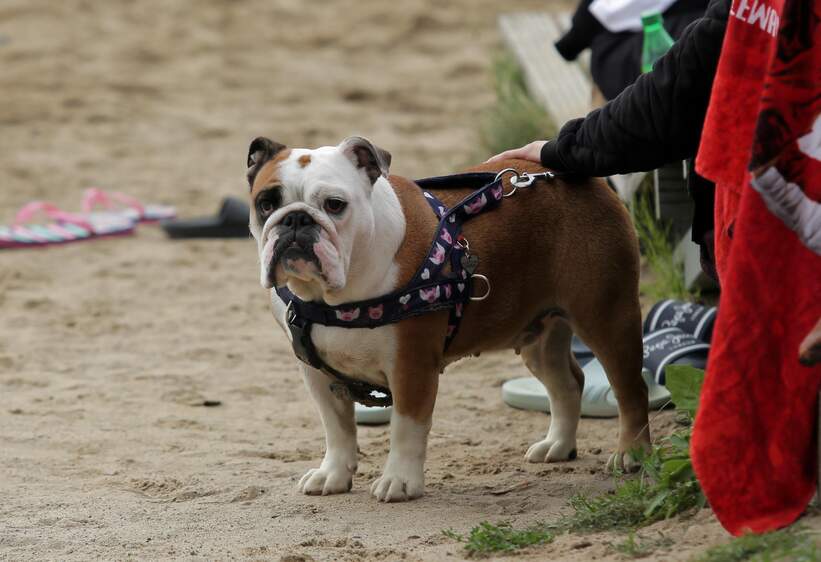The UKHSA recommended that monkeypox patients avoid contact with their pets for 21 days.
So far, 106 people in the UK have contracted monkeypox. Although according to England’s chief veterinarian, Christine Middlemis, no cases of monkeypox have been detected in pets so far and the risk remains low, experts say gerbils, hamsters and other rodents may be particularly vulnerable. specific to this disease.
UKHSA and other health authority guidelines recommend that guinea pigs, rats, mice and other rodents be removed from the home of someone with monkeypox for 21 days and tested for the disease. Other pets such as dogs and cats should be kept in home isolation with regular veterinary examinations to “ensure that no clinical signs are observed”.
The Department of Environment, Food and Rural Affairs (Defra) recommends this “if it’s possible” The patient avoids preparing food or caring for his pet if someone else in the house can do so.
An animal infected with a human can infect another animal—or a human.
It is estimated that ferrets are bred in the UK in two million households.
The European Center for Disease Control (ECDC) says an event in which a human infects a pet can result in the virus appearing in European animals, although the risk is “very low”. (PAP)
Author: Pawe Wernicki
Kgr/






